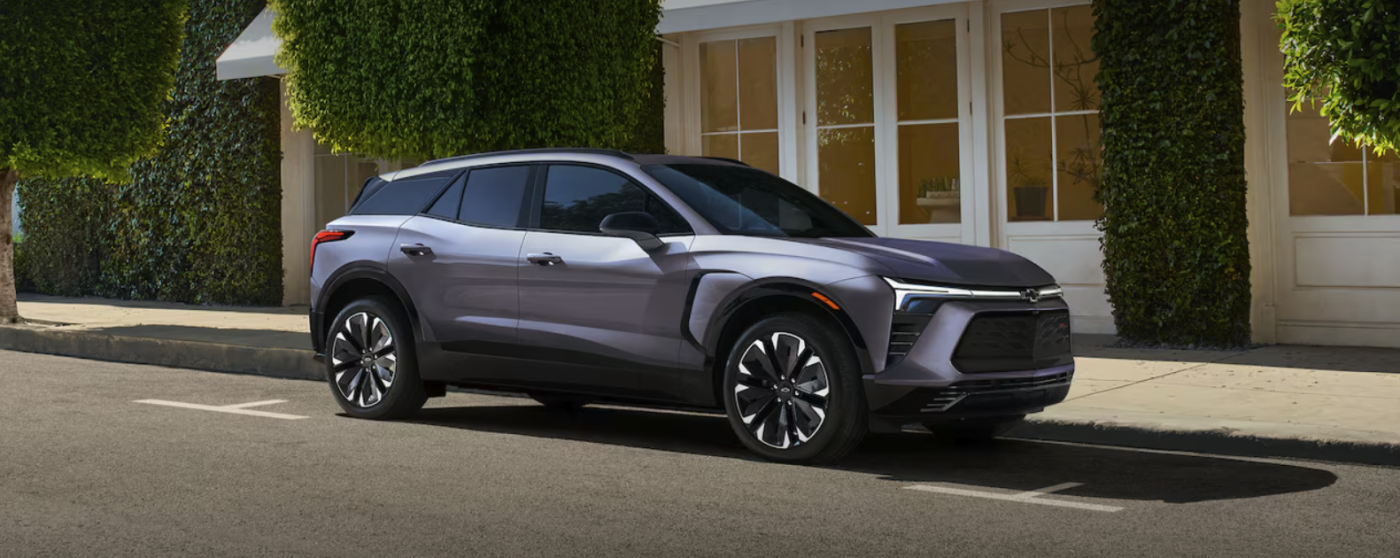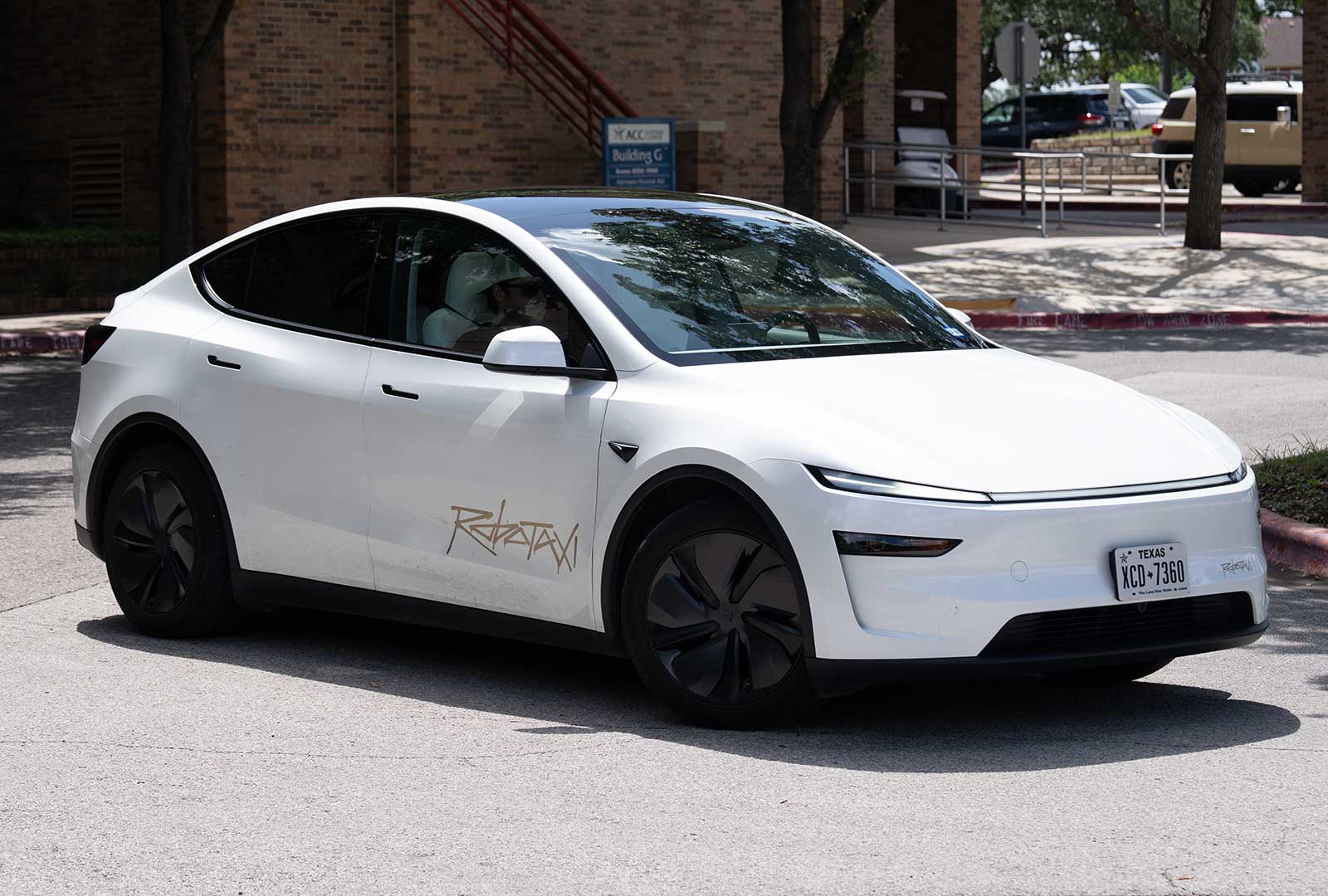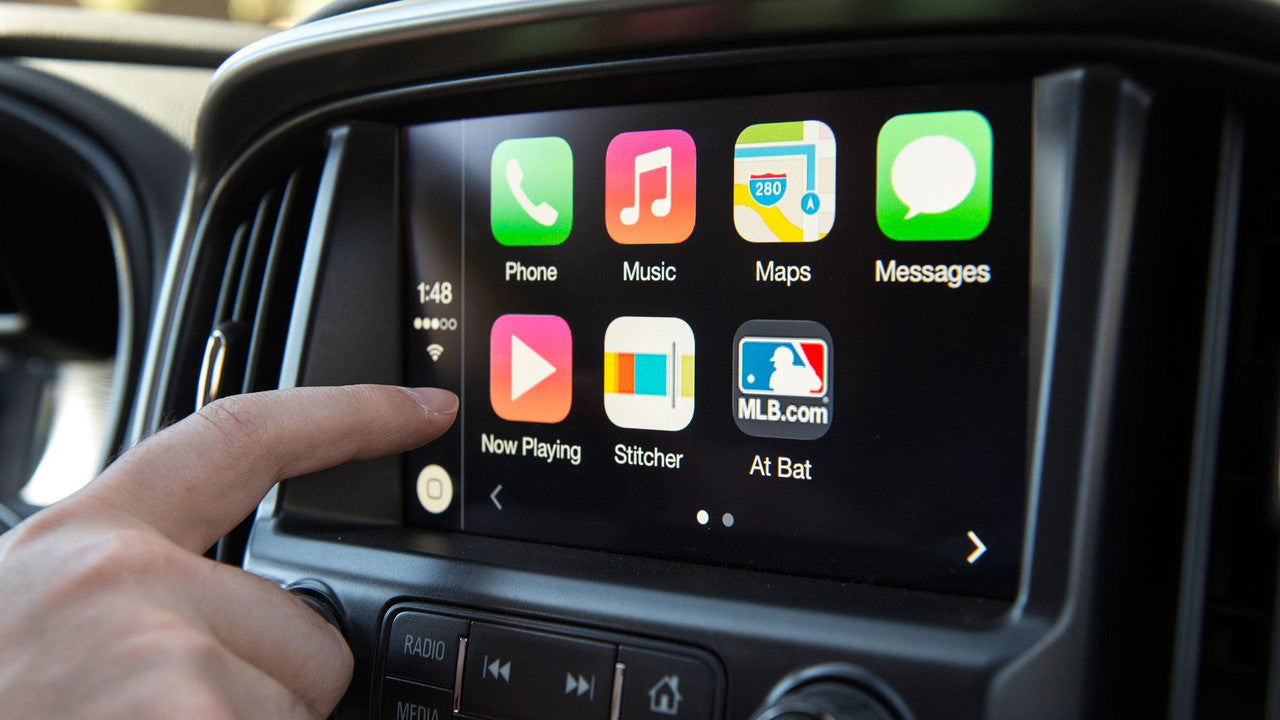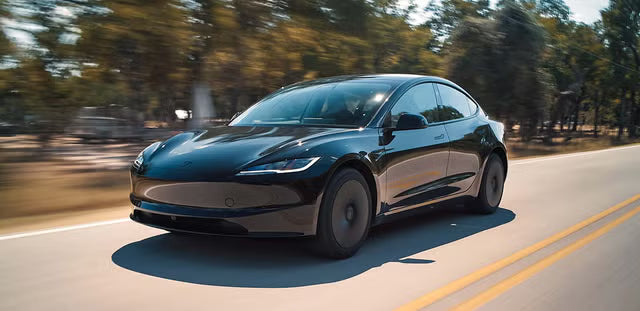Alors que les États-Unis se débattent avec le financement de leurs infrastructures vieillissantes, les législateurs du Congrès ont proposé une nouvelle taxe fédérale annuelle sur les véhicules électriques et hybrides . Présentée comme une « taxe d'immatriculation pour VE », cette taxe s'élèverait à 250 $ par an pour les véhicules électriques et 100 $ pour les hybrides , indépendamment de l'utilisation, des réductions d'émissions ou de la consommation de carburant. Mais une analyse plus approfondie révèle que cette taxe est non seulement régressive, mais qu'elle pénalise également de manière disproportionnée les propriétaires de véhicules propres , en particulier les seniors , et rompt avec des décennies de politique américaine des transports.
Une approche erronée : les propriétaires de véhicules propres paient plus que les véhicules gourmands en carburant
Consumer Reports a mené une comparaison approfondie entre cette proposition de taxe sur les véhicules propres et les taxes fédérales actuelles sur l'essence payées par les automobilistes moyens . Les résultats sont frappants :
-
Les propriétaires de véhicules électriques paieraient plus de trois fois plus que les propriétaires d’un véhicule à essence neuf moyen.
-
Les personnes âgées qui conduisent moins seraient les plus touchées : près de six fois plus d’impôts pour posséder un véhicule électrique que pour conduire une voiture à essence consommant 28 mpg.
-
Les propriétaires de véhicules hybrides paieraient deux fois plus que s'ils conduisaient un SUV à essence classique, même s'ils ne conduisaient pas du tout.
📊 Comparaison visuelle : Taxe fédérale annuelle sur les véhicules par type (conducteur américain moyen)
| Type de véhicule | Consommation de carburant | Estimation de la taxe fédérale sur l'essence | Nouvelle taxe proposée | Pénalité EV/Hybride |
|---|---|---|---|---|
| Pick-up à essence pleine grandeur (V8) | 19 mpg | 107 $ | N / A | — |
| Véhicule à essence existant moyen | 23 mpg | 89 $ | N / A | — |
| Véhicule à essence neuf moyen | 28 mpg | 73 $ | N / A | — |
| Toyota RAV4 Hybride (AWD) | 39 mpg | 52 $ | 100 $ | +92% |
| Véhicule électrique moyen (sans consommation d'essence) | — | 0 $ | 250 $ | ∞ |
Tableau comparant les taxes fédérales sur l'essence et les frais proposés pour les véhicules électriques et hybrides. Les propriétaires de véhicules électriques paieraient bien plus que les propriétaires de voitures à essence.
Pourquoi les personnes âgées seraient les plus durement touchées
Les données de la Federal Highway Administration montrent que les Américains de 65 ans et plus parcourent 43 % de kilomètres de moins par an que le conducteur moyen. Pourtant, avec ce système de taxe forfaitaire, ils seraient contraints de payer la même taxe annuelle de 250 $ qu'un conducteur de véhicule électrique à l'échelle nationale.
Une personne âgée qui conduit un SUV hybride sur seulement quelques kilomètres par semaine pourrait tout de même finir par payer plus de trois fois la taxe fédérale sur l’essence d’un conducteur au volant d’une camionnette pleine grandeur et gourmande en carburant.
Une taxe en décalage avec la politique moderne
Contrairement aux taxes sur les carburants, qui varient en fonction de l'utilisation et de l'efficacité , la taxe proposée sur les véhicules électriques est forfaitaire et indépendante de l'utilisation . Pire encore, la législation prévoit un mécanisme permettant d'augmenter les taxes sur les véhicules électriques et hybrides en fonction de l'inflation , tout en laissant inchangée la taxe fédérale sur l'essence, actuellement stagnante (18,4 ¢ par gallon) , ce qui accentue les disparités au fil du temps.
Les véhicules électriques et hybrides ne sont pas la cause du déficit du Fonds fiduciaire pour les autoroutes. Selon l' Union of Concerned Scientists , les véhicules électriques ne sont responsables que d'une baisse de 2 % de l'efficacité de la taxe sur les carburants , tandis que 79 % de ce déficit provient de l'inflation et de la hausse des coûts de construction, principalement en raison de l'incapacité du Congrès à augmenter la taxe sur l'essence depuis 1993.
Une meilleure solution : une réforme équitable et fondée sur l'usage
L'idée que les propriétaires de véhicules électriques contribuent équitablement à l'entretien des routes ne fait pas débat. Mais une taxe générale qui pénalise les choix plus écologiques – sans tenir compte de la fréquence de déplacement – n'est ni juste ni avant-gardiste.
Un modèle de financement routier durable devrait :
-
Tenez compte du kilométrage et de l’efficacité , pas seulement du type de véhicule.
-
Soyez progressiste , pas régressif, surtout pour les personnes âgées et les conducteurs à faible revenu.
-
Il s’agit d’un processus large et inclusif avec la participation du public, et non d’un programme précipité et partisan.
L’avenir du financement des transports mérite mieux qu’une surtaxe mal conçue sur l’innovation et la responsabilité environnementale.
Voir plus de blogs et d'actualités à propos de la taxe EV sur le site officiel d'EVDANCE.








Partager:
La taxe de 250 $ sur les véhicules électriques : un retour en arrière punitif sans précédent juridique
Pourquoi c'est peut-être le moment idéal pour acheter un véhicule électrique d'occasion